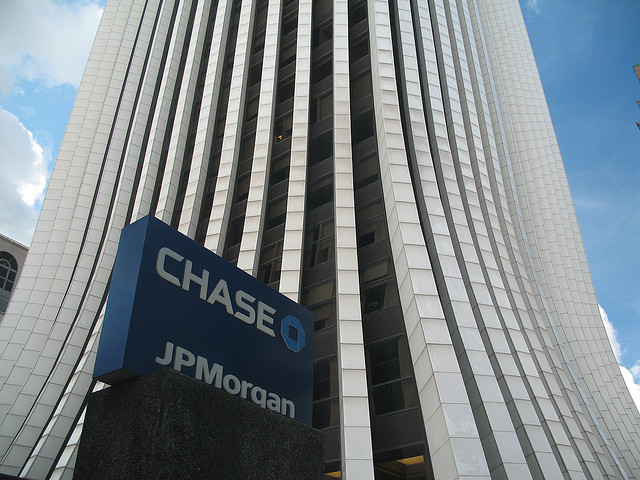A ‘sprawling criminal enterprise’, that is what federal prosecutors are calling a scheme that spanned around the world, with three men accused of stealing data of over 100 million customers from companies, including JPMorgan Chase & Co. Authorities believe the scheme is the largest theft of customer data to have ever taken place against United States financial institutions. Information was used to generate illegal profits in the hundreds of millions, according to prosecutors of the case.
On Tuesday, it was revealed that communications by the three men as well as an unnamed co-conspirator were translated into English and provided to the court. In the emails, Gery Shalon, Joshua Samuel Aaron, and Ziv Orenstein bragged about their efforts and plotted new schemes.
In the emails, Shalon was seen to be bragging about their exploits, including the vastness of what they had been able to accomplish by manipulating stock prices, even describing how he used the data that was stolen. In one email, Shalon talked about how the sale of shares of one company was a small step towards a larger empire, as they bought the shares cheap, performed machinations and then “play[ed] with them”.
Shalon was asked if he was afraid of being caught by the authorities if he was located in Israel. Shalon responded that there was nothing to be afraid of in Israel. He was also planning on getting a passport in another name.
Shalon was also asked if Americans are good prospects to buy the stocks that had been manipulated and if buying stocks was popular in America. He replied that ‘[buying stocks in the US is] like drinking freaking vodka in Russia.’ The accused also considered looking for ‘secrets’ in emails of the big companies that had been hacked to further create schemes to make money.
Prosecutors also stated that Shalon and Orenstein, along with others, were able to make hundreds of millions by operating “unlawful online casinos” in the United States and other areas, with employees located in other countries. A minimum of 12 online casinos were found to be operating in the United States with casino gaming for real money. The online casino operations generated revenues of around $75 million monthly while possibly violating money processing statutes and local laws in various locations.



